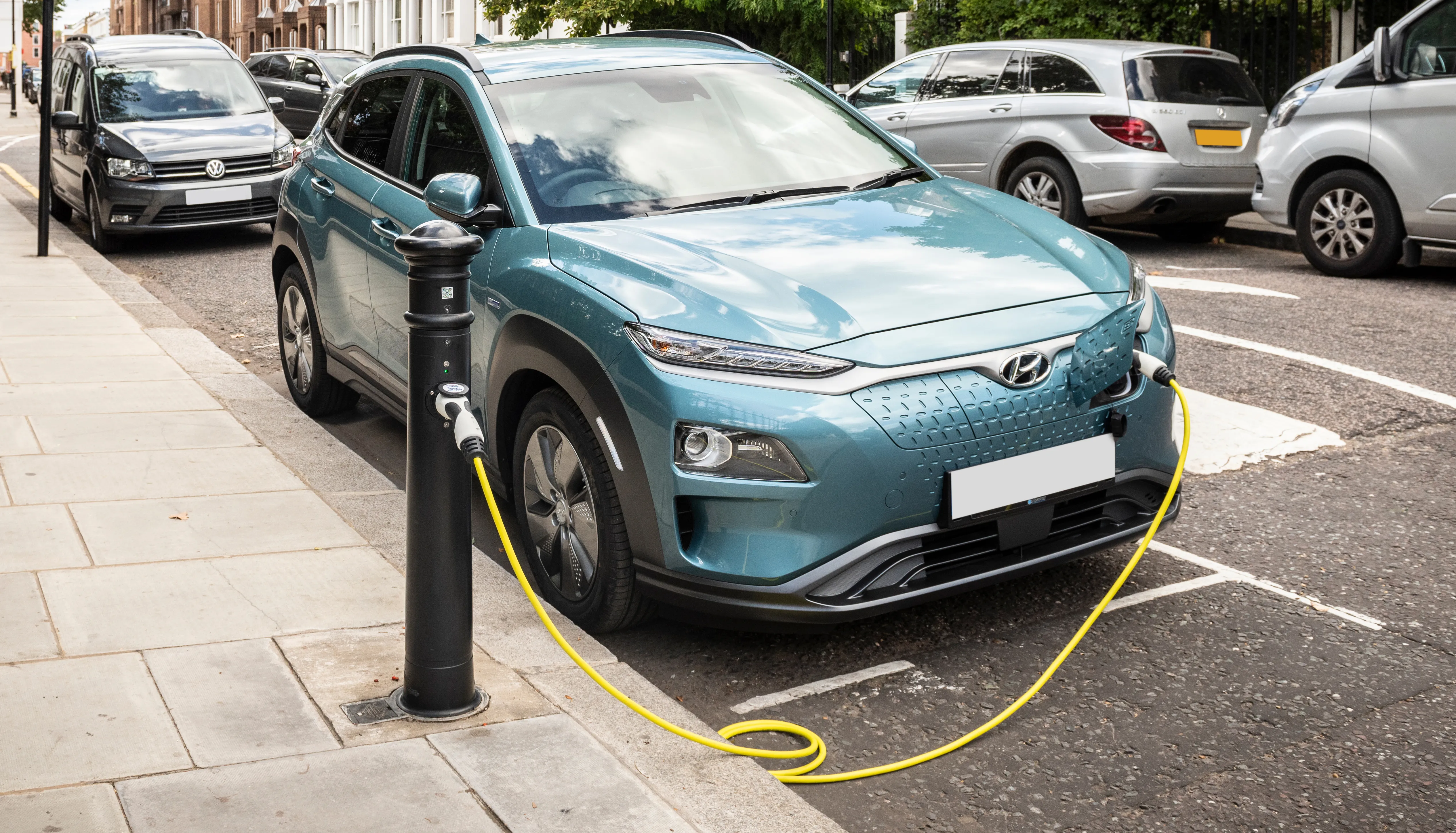Auto manufacturer Jaguar will make 50 of its fully-electric I-Pace vehicles available to passengers travelling to and from London’s Heathrow airport this summer. The agreement, which is part of Heathrow’s commitment to improving air quality around the airport, includes travel services company WeKnowGroup.
May 10, 2018
Read time: 1 min
Auto manufacturer 3883 Jaguar will make 50 of its fully-electric I-Pace vehicles available to passengers travelling to and from London’s Heathrow airport this summer. The agreement, which is part of Heathrow’s commitment to improving air quality around the airport, includes travel services company WeKnowGroup.
There is an option to add a further 150 cars over the next 12 months. The fleet is expected to support up to 1,000 electric vehicle (EV) journeys each day and save over eight tonnes of nitrogen oxide each year. WeKnowGroup will install a dedicated charging hub at the airport.
Jaguar says the I-Pace features a 90kWh Lithium-ion battery and has a range of 298 miles.








